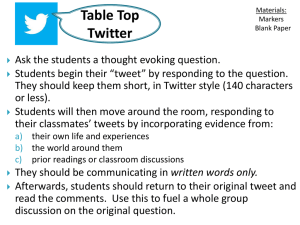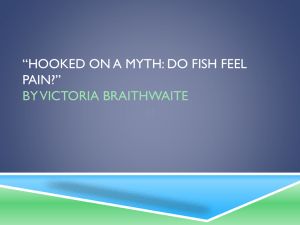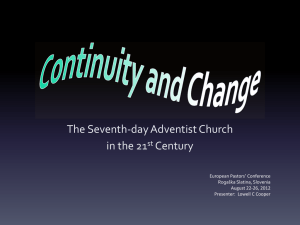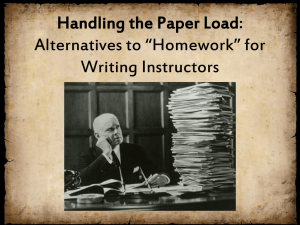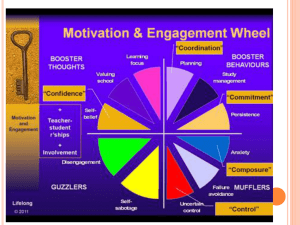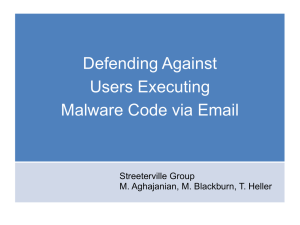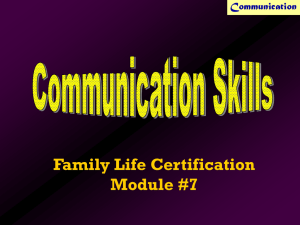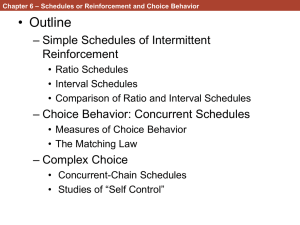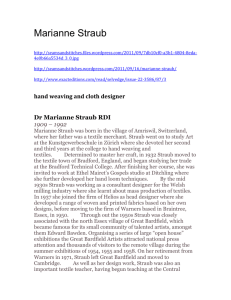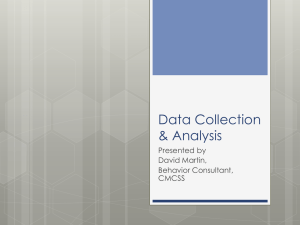Responding Effectively to Student Writing
advertisement
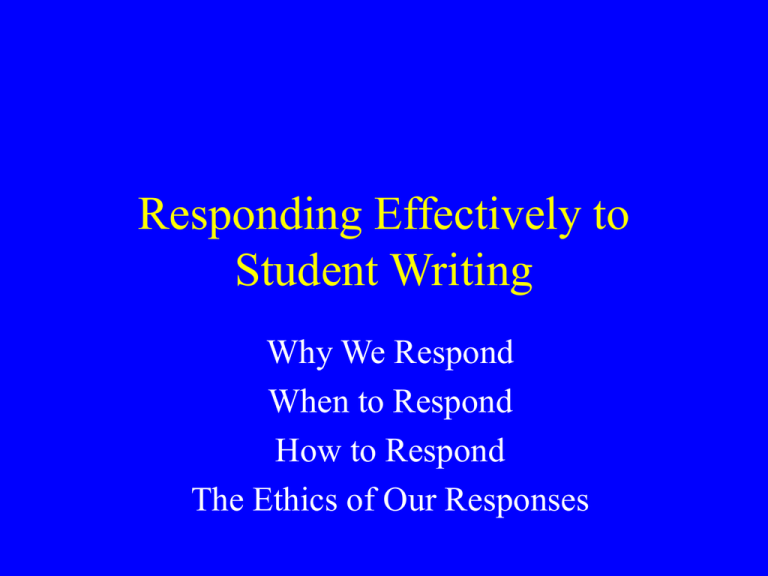
Responding Effectively to Student Writing Why We Respond When to Respond How to Respond The Ethics of Our Responses Why We Respond • Harvard Study of Undergraduate Writing (1997-2001) • “Feedback plays a leading role in undergraduate writing development.” • An “opportunity to engage with instructors through feedback” is one characteristic of students’ best academic writing. When to Respond • Responding during the writing process • Responding after the writing process How Not to Respond • Nancy Sommers “Responding to Student Writing” • Comments that are more about the teacher doing his/her job than about student • Comments about both higher-order and lowerorder concerns • Comments not specific to paper (rubber stamp) • Too many comments • Comments that push the paper towards an ideal text in teacher’s head rather than in student’s head How to Respond to Drafts • Comments that are specific to the paper and/or to the writer • Comments that pair constructive criticism with writing instruction • Comments that treat students as “apprentice scholars” How to Respond to Final Essay • Respond to writer rather than paper (use examples from the paper) • Use a scoring guide Praise vs. Criticism • Donald Daiker “Learning to Praise” (1999) • Harvard Study of Undergraduate Writing (1997-2001) • Lee Ann Carroll Rehearsing New Roles: How College Students Develop as Writers (2002) The Ethics of Our Responses • Directive vs. facilitative • Student control • Student learning Examples of Facilitative Comments • Asking questions • Registering confusion • Pointing out where you find yourself disagreeing or needing more convincing • Talking about strategies you use as a writer when you run into problems similar to those the student is facing Peter Elbow’s Ideas for Facilitative Response • • • • Describe what the text is doing Describe your reactions/feelings as you read Praise Reply to what the writer says not just how she says it (Elbow calls this responding as a human being) • Identify one “fruitful problem” for the writer to address Student Openness to our Responses • Direct our comments • Feedback on our comments Works Cited Carroll, Lee Ann. New Roles: How College Students Develop as Writers. Carbondale: Southern Illinois UP, 2002. Daiker, Donald. “Learning to Praise.” A Sourcebook for Responding to Student Writing. Ed. Richard Straub. Cresskill, NJ: Hampton Press, 1999. Elbow, Peter. “Options for Responding to Student Writing” A Sourcebook for Responding to Student Writing. Ed. Richard Straub. Cresskill, NJ: Hampton Press, 1999. Sommers, Nancy. “Across the Drafts.” College Composition and Communication 58.2 (2006) 248-258. Sommers, Nancy. “Responding to Student Writing.” College Composition and Communication 33.2 (1982): 148-56. Straub, Richard. “The Concept of Control in teacher Response: Defining the Varieties of ‘Directive’ and ‘Facilitative’ Response. College Composition and Communication 47.2 (1996): 223-51. White, Ed. “Using Scoring Guides to Assess Writing.” A Sourcebook for Responding to Student Writing. Ed. Richard Straub. Cresskill, NJ: Hampton Press, 1999. .

